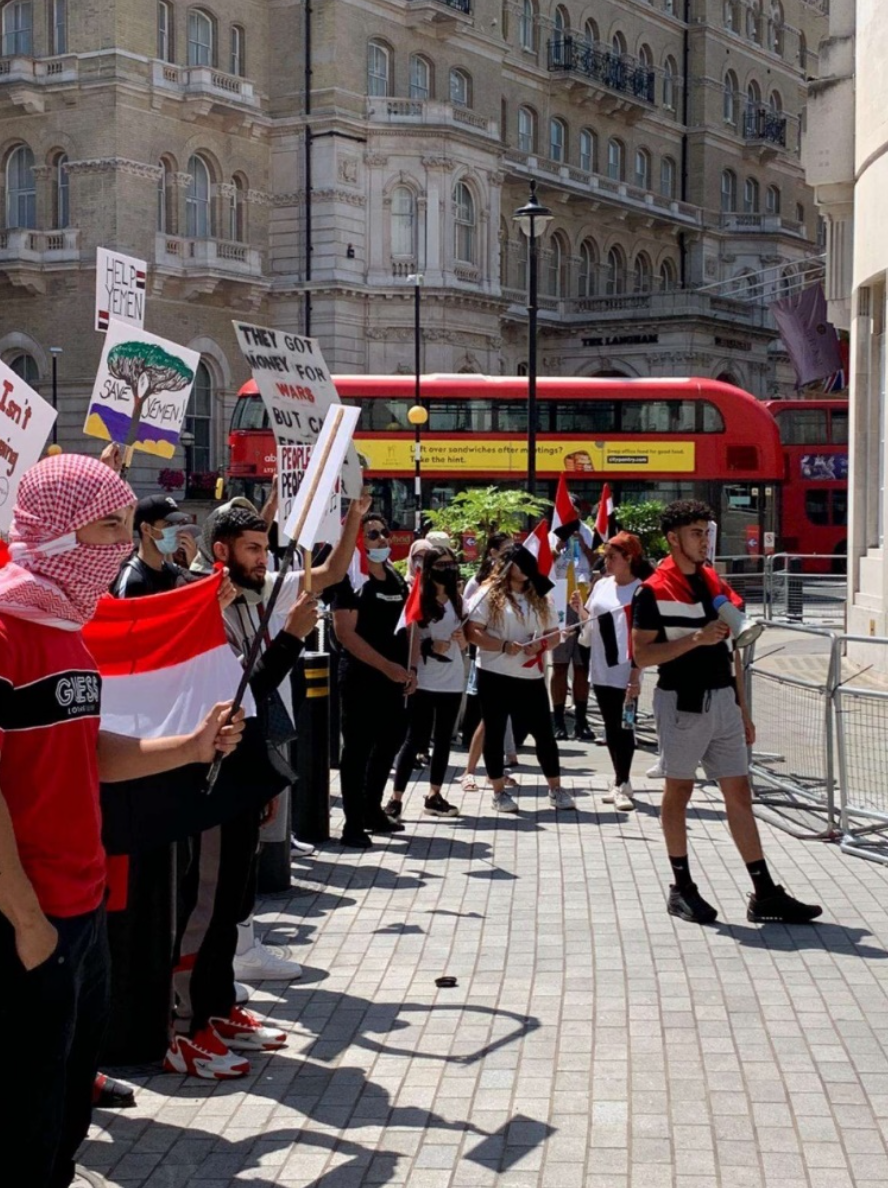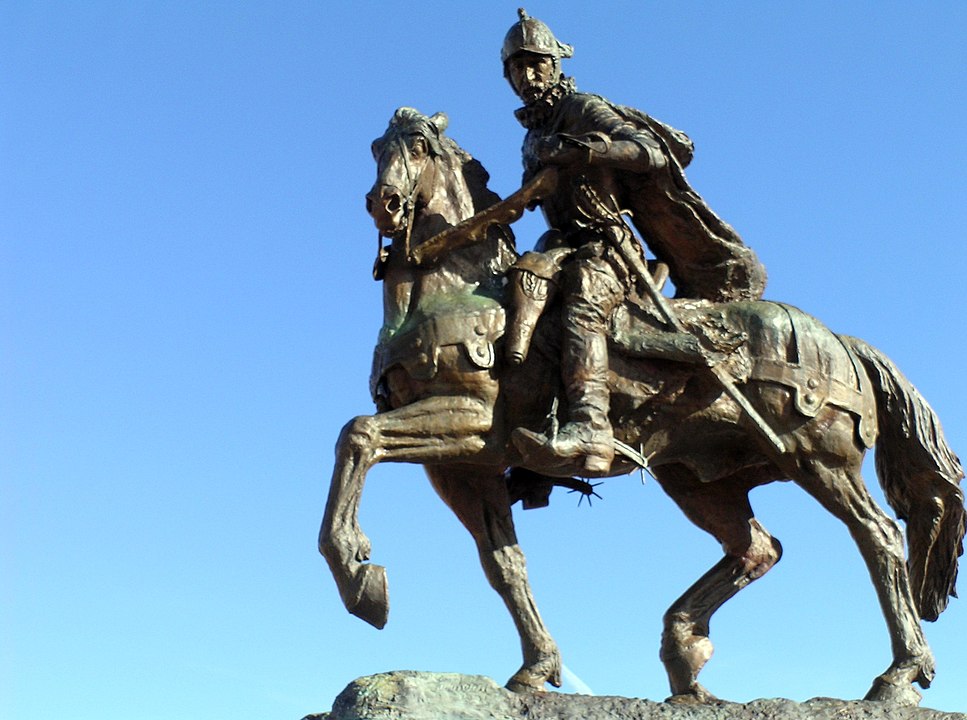Israel creates list to protect those who could be accused of war crimes
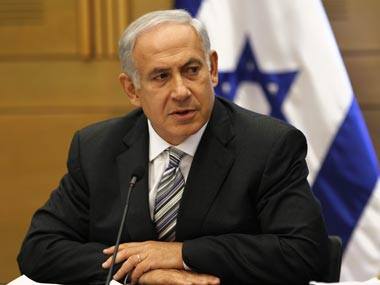
Israel is reported to have compiled a classified list of officials who could possibly be charged with war crimes in Palestine by the International Criminal Court.
The list has been described by the Israeli daily Haaretz as containing the names of 200 to 300 officials from the military and intelligence services, also including Prime Minister, Benjamin Netanyahu, and Defense Minister, Benny Gantz. The government has warned the enlisted officials not to travel in fear of arrest.
ICC’s investigation into war crimes
This comes after the ICC chief prosecutor, Fatou Bensouda’s, request to launch a probe into the war crimes committed by both Israel and Hamas, starting with the Israeli military offensive in Gaza, ‘Operation Protective Edge’ in 2014, in which 2,322 Palestinians and 74 Israeli soldiers died.
Confidentiality surrounding the list has been essential to authorities as exposure would put those involved at risk. The disclosure of this list of names could now be considered by the ICC as a recognition of their involvement in war crimes in Palestine and an official admission of guilt.
Questions of jurisdiction
The ICC has been deliberating on whether it holds the jurisdiction to investigate the war crimes allegedly committed by Israel in East Jerusalem, West Bank and Gaza, and is expected to reach a conclusion in a matter of days.
Israel has been asserting that the ICC does not hold said judicial authority as the Palestinian Authority is not a sovereign state. It is anticipated that Israel may not comply with any proceedings held by the ICC. Palestine, who signed up for the ICC in 2015, accept the court’s jurisdiction and have urged the ICC to proceed.
Continued annexation
The West Bank, including East Jerusalem, is recognised as occupied territory under international law. This renders Israel’s Jewish-Only settlements and planned annexations in those territories illegal. Plans for further illegal annexations may also harm any defence that Israel might put forward in the event of an investigation.
Read more from Haaretz and Middle East Monitor.



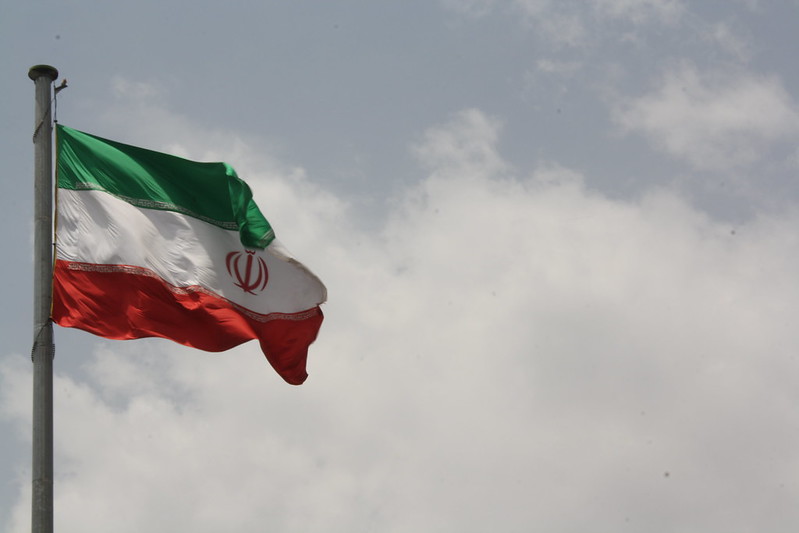


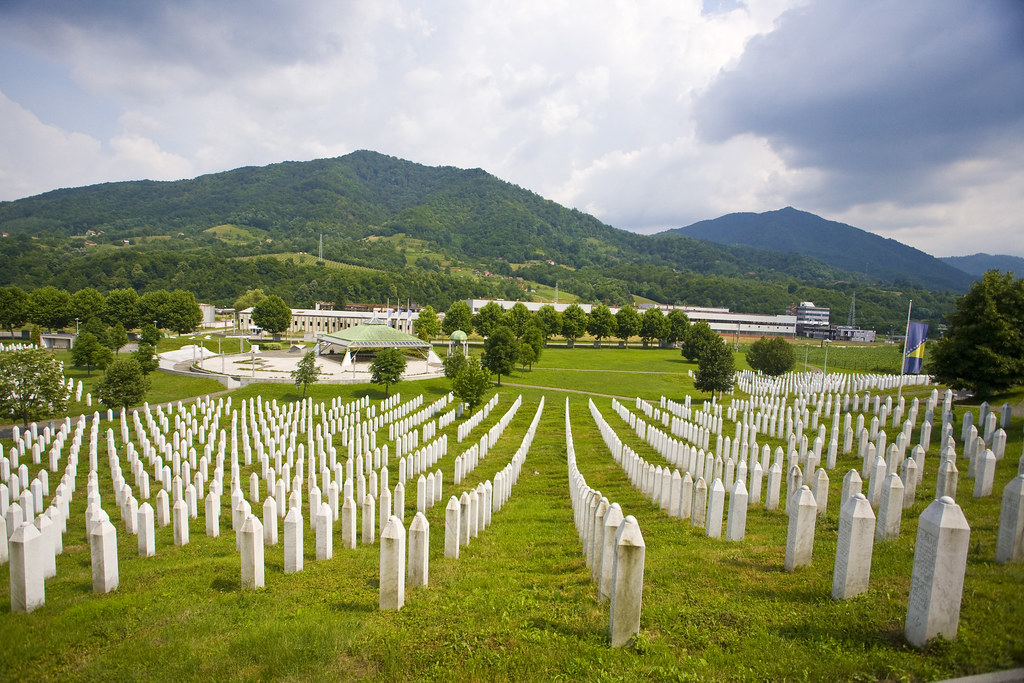



.jpg)

.jpg)

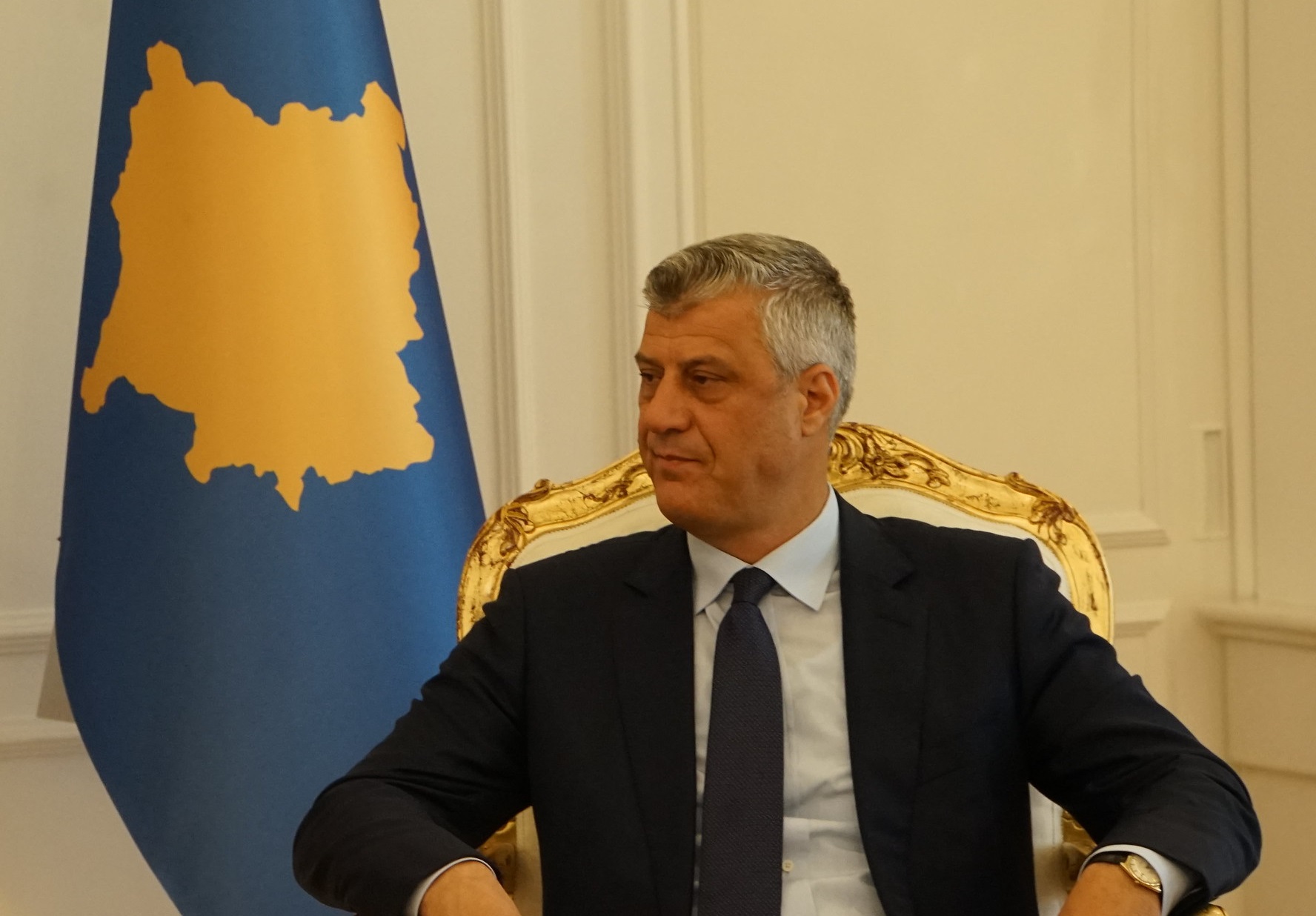

.jpg)


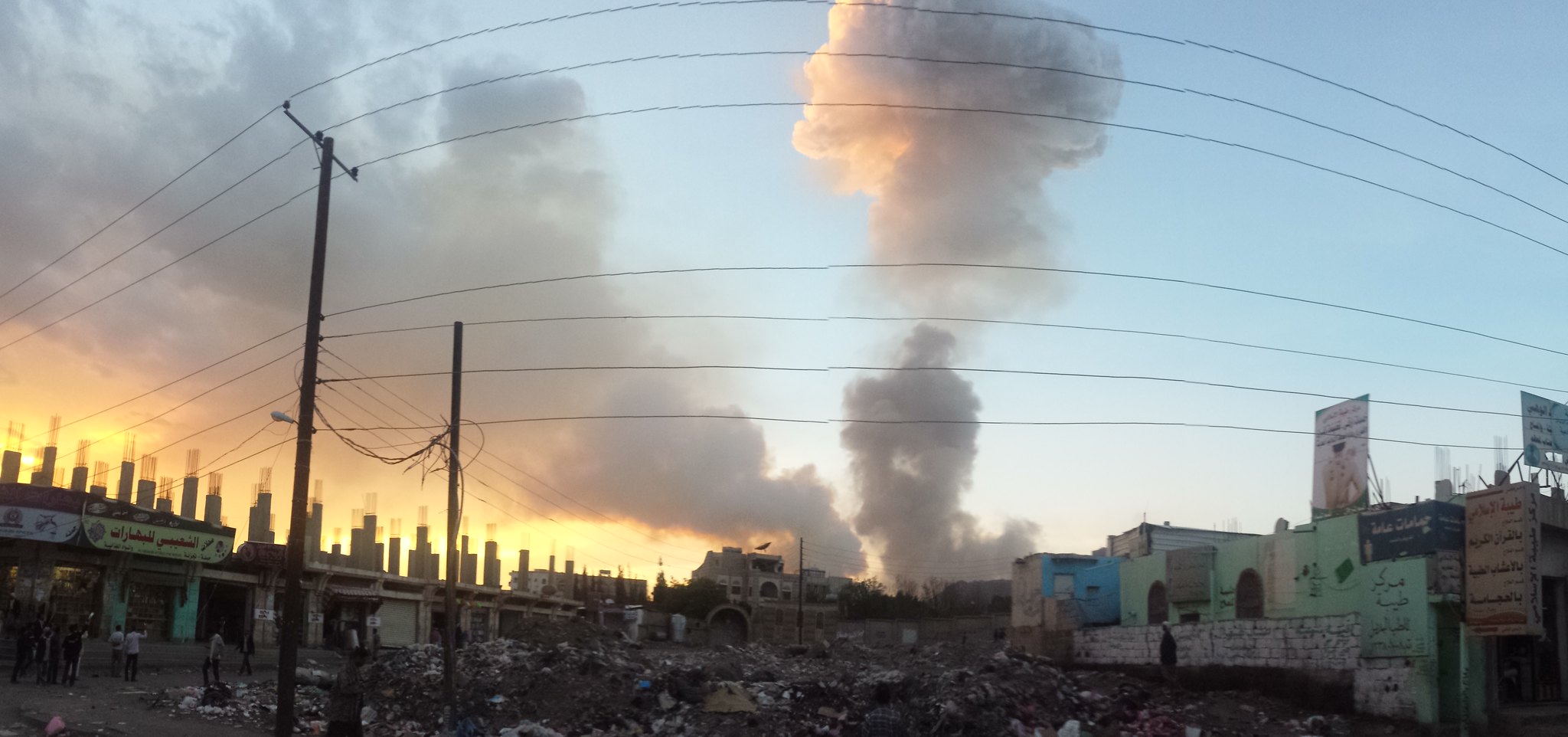 File photograph: The aftermath of an air strike in Sanaa, 2015. (Courtesy: Ibrahem Qasim)
File photograph: The aftermath of an air strike in Sanaa, 2015. (Courtesy: Ibrahem Qasim)